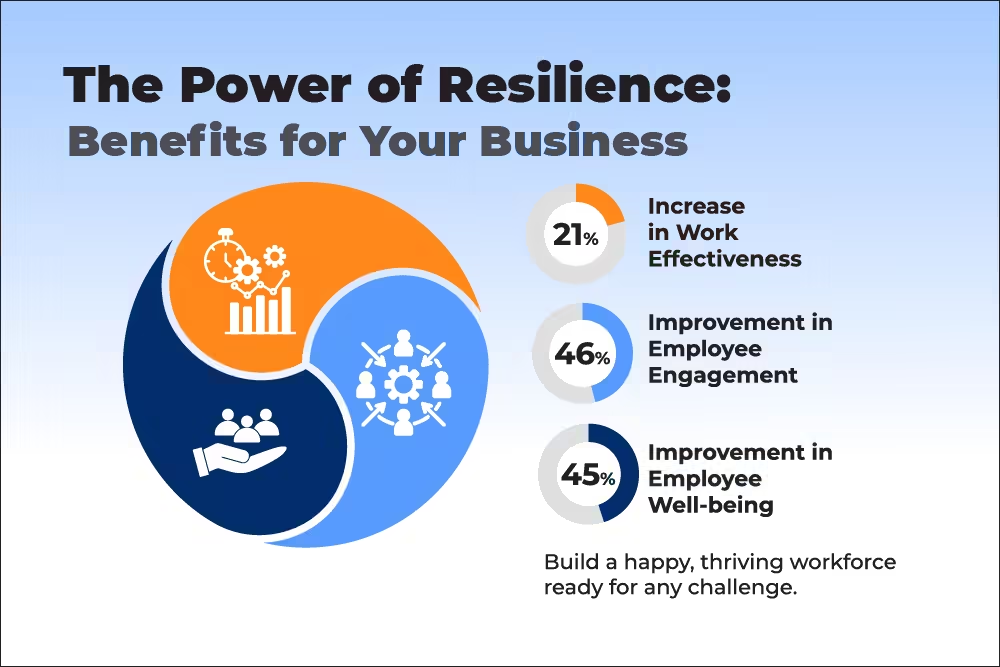Unmasking the Psychological and Societal Pressures to Succeed
The fear of failure is a pervasive human emotion that can hold us back from reaching our full potential. It’s a complex interplay of psychological and societal factors that can lead to anxiety, self-doubt, and a reluctance to take risks.
The Psychological Roots of Fear of Failure
At its core, the fear of failure is rooted in our desire to avoid negative emotions such as disappointment, shame, and embarrassment. We often associate failure with personal inadequacy and a sense of worthlessness. This fear can manifest in various ways, including procrastination, perfectionism, and avoidance behaviors.
- Fear of the Unknown: Stepping outside of our comfort zones can be daunting, as we may fear the uncertainty and unpredictability of new experiences.
- Fear of Rejection: The fear of being rejected or criticized by others can be a significant barrier to taking risks.
- Fear of Disappointing Others: We may feel pressure to live up to the expectations of our parents, friends, or society, which can lead to fear of failure.
“Don’t fear failure — not failure, but low aim is the crime. In great attempts, it is glorious even to fail.” – Bruce Lee
Societal Pressures to Succeed
In today’s competitive world, there’s a constant pressure to succeed. Social media, news outlets, and popular culture often portray success as the ultimate goal, and failure as a sign of weakness. This can create unrealistic expectations and a sense of inadequacy, especially for those who don’t conform to societal norms.
- Performance Anxiety: The fear of being judged and evaluated can lead to performance anxiety, which can negatively impact our ability to perform at our best.
- Imposter Syndrome: This phenomenon, where individuals doubt their abilities and fear being exposed as a fraud, can be exacerbated by societal pressures to succeed.
“It does not matter how slowly you go as long as you do not stop.” – Confucius
Overcoming the Fear of Failure
While the fear of failure is a natural human emotion, it’s important to recognize its impact and take steps to overcome it. Here are some strategies to help you conquer your fears and achieve your goals:
- Embrace Failure as a Learning Opportunity: Instead of viewing failure as a setback, embrace it as a valuable learning experience. Every failure brings you closer to success by providing insights and knowledge that can help you grow.
- Challenge Negative Thoughts: When negative thoughts creep in, challenge them with positive affirmations and realistic perspectives. Replace self-doubt with self-belief and focus on your strengths and abilities.
- Set Realistic Goals: Break down your goals into smaller, achievable steps. This will help you maintain momentum and avoid feeling overwhelmed.
- Practice Self-Compassion: Be kind to yourself and avoid self-criticism. Treat yourself with the same compassion and understanding that you would offer a friend.
- Take Action, No Matter How Small: Don’t let fear paralyze you. Take small steps towards your goals, even if it’s just one small action each day.
- Learn from Role Models: Seek inspiration from individuals who have overcome adversity and achieved success. Their stories can motivate you and help you develop a growth mindset.
- Build a Supportive Network: Surround yourself with positive, supportive people who believe in you. Share your goals and challenges with them, and seek their encouragement and advice.
“The only person you are destined to become is the person you decide to be.” – Ralph Waldo Emerson
The Power of Resilience
Resilience is the ability to bounce back from setbacks and adversity. By cultivating resilience, you can overcome the fear of failure and achieve your full potential. Here are some tips to build resilience:
- Develop a Growth Mindset: Believe in your ability to learn and grow, and view challenges as opportunities for development.
- Practice Mindfulness: Mindfulness techniques, such as meditation and yoga, can help you stay calm and focused in the face of stress and uncertainty.
- Take Care of Yourself: Prioritize self-care activities, such as exercise, healthy eating, and adequate sleep. A healthy mind and body can help you better cope with challenges.

By understanding the psychological and societal factors that contribute to the fear of failure, and by implementing effective strategies to overcome it, you can unlock your true potential and live a fulfilling life. Remember, failure is not the end, but rather a stepping stone towards success.



